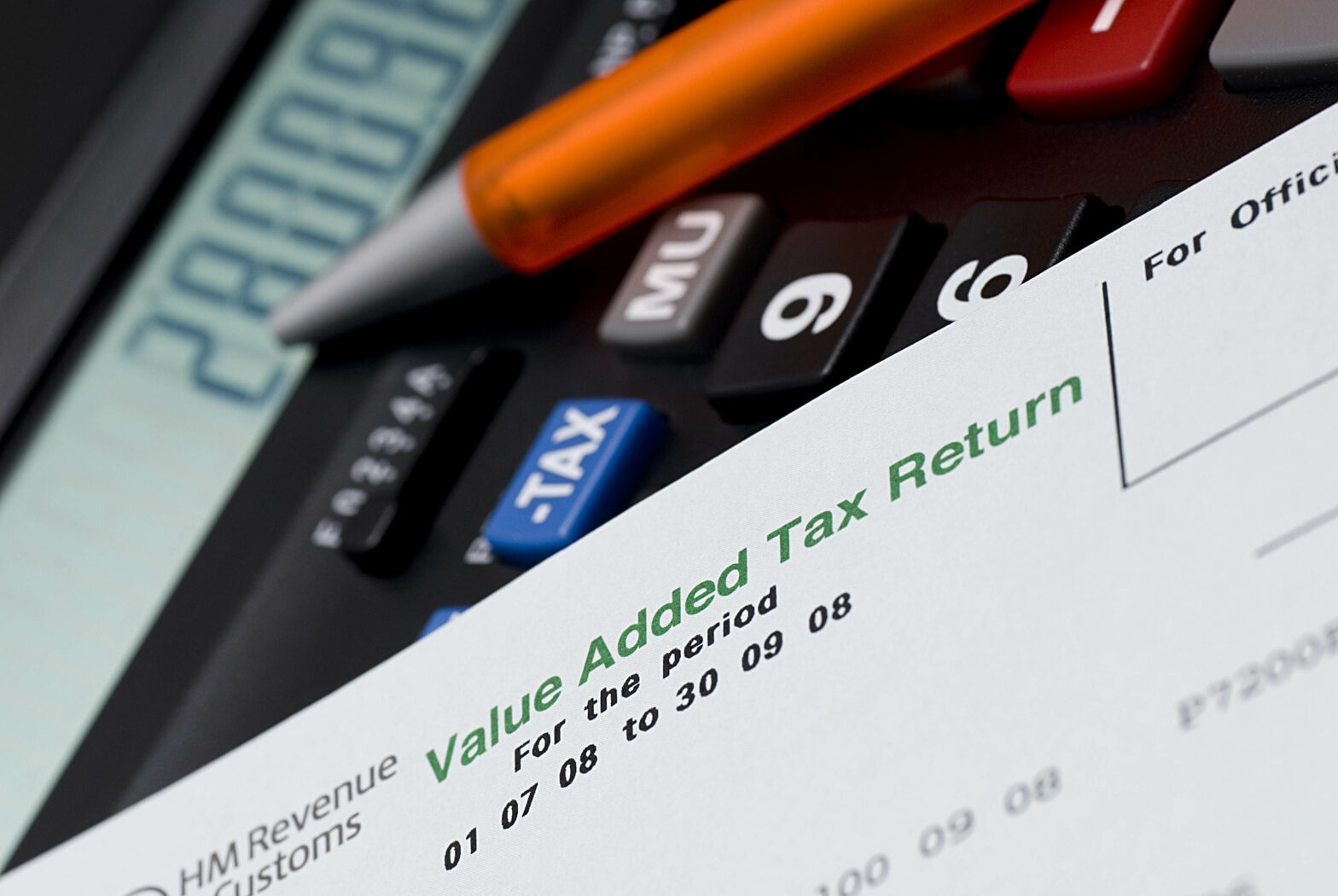The Great British Bake Off (GBBO) is back for another season, which means the coming months will be filled with talk of Baked Alaskas, intricate displays of icing and epic cake-making skills.
But if the expertise on display in the GBBO kitchen inspires you to start your own cake-making or catering business, did you know there are a number of traps to watch out for when you grow big enough to register for VAT? And that falling foul of them can be as risky as opening the oven halfway through the cake’s baking time?
What rate of VAT to charge on your sales?
Are you a caterer?
HMRC says that if you are making a supply in the course of catering, then you’ll have to charge the standard rate of VAT, 20 per cent, to your customers when you sell your wares, unless you’re a retailer selling cold takeaway food. That is why coffee shops charge less for muffins you take out to eat, than for those you eat in the shop; they are charging 0 per cent VAT on the takeaway muffins and 20 per cent on the eat-in ones!
If you have a contract to supply sandwiches and cakes to, for example, a wedding reception or office party, then that’s catering and you must charge 20 per cent VAT on the sale. But if you don’t have a contract, and take your wares round offices on the off-chance of selling them, you can zero-rate any items that qualify, such as cakes. But not all cakes are made equal! For example:
- If you’re offering flapjacks for sale, those would be zero-rated, but cereal and muesli bars are standard-rated.
- Millionaire’s shortbread is zero-rated, but chocolate-covered shortbread is standard-rated.
- Gingerbread men decorated with chocolate are standard-rated, unless the chocolate decoration amounts to “no more than a couple of dots for eyes”, in which case they’re zero-rated.
Who is your customer?
If you’re supplying food and drink to a customer who’s providing services that are exempt from VAT; for example, you are making school dinners, or lunches for the patients in a nursing home, then the food you sell will also be exempt from VAT. Be careful though, you still have to charge VAT on the food you sell for staff and visitors, so watch out for that PE teacher with a huge appetite!
What about reclaiming VAT on what you buy?
When you buy food supplies, look out for what is zero-rated and what is standard-rated. Your supplier should be charging you the correct rate of VAT based on these rules, remember that if an item is zero-rated, the amount of VAT you can reclaim on that is the same as what you were charged – £0!
On receipts from retailers such as cash and carry stores and supermarkets, some items will be zero-rated and some will be standard-rated, so make sure that you only reclaim the amount of VAT you were actually charged.
Here are some examples to look out for:
- Raising agents
Baking powder and cream of tartar are standard-rated, but bicarbonate of soda is zero-rated.
- Dried fruits
Ginger preserved in syrup is zero-rated so long as it’s not sold as confectionery. Crystallised ginger is standard-rated.
- Other fruits
Glace cherries are zero-rated, but marrons glaces are standard-rated.
- Cake decorations
Edible cake decorations, such as sugar flowers, are zero-rated – but an inedible cake decoration sold on its own, such as a silver horseshoe made of plastic that’s used to top a wedding cake, would be standard-rated.
Make sure you check the rules as carefully as you would study a new recipe. And if you’re in any doubt about how much VAT to charge on your sales, or how much you can claim on what you buy, you should check with your accountant.
Emily Coltman is chief accountant at FreeAgent.





